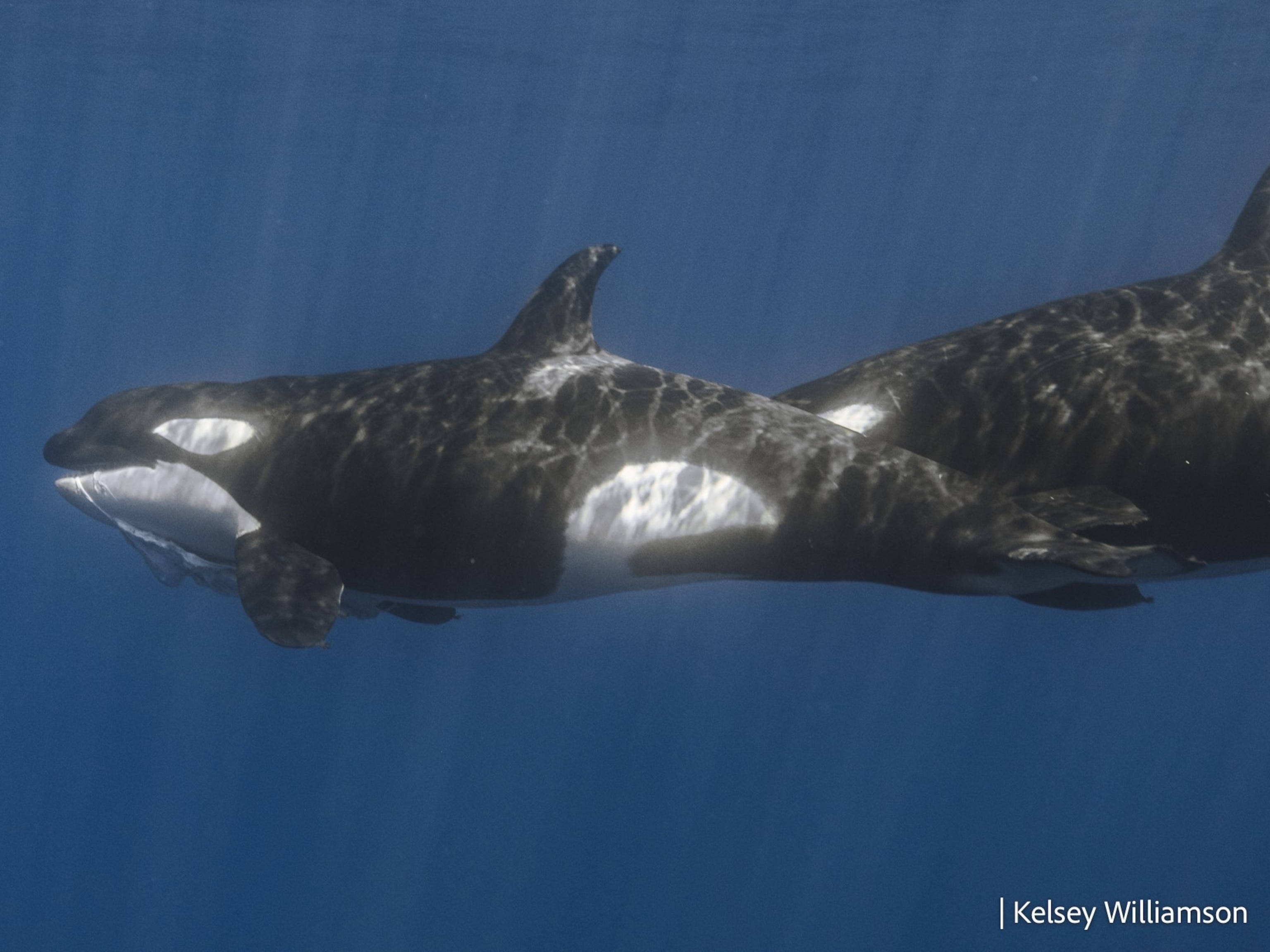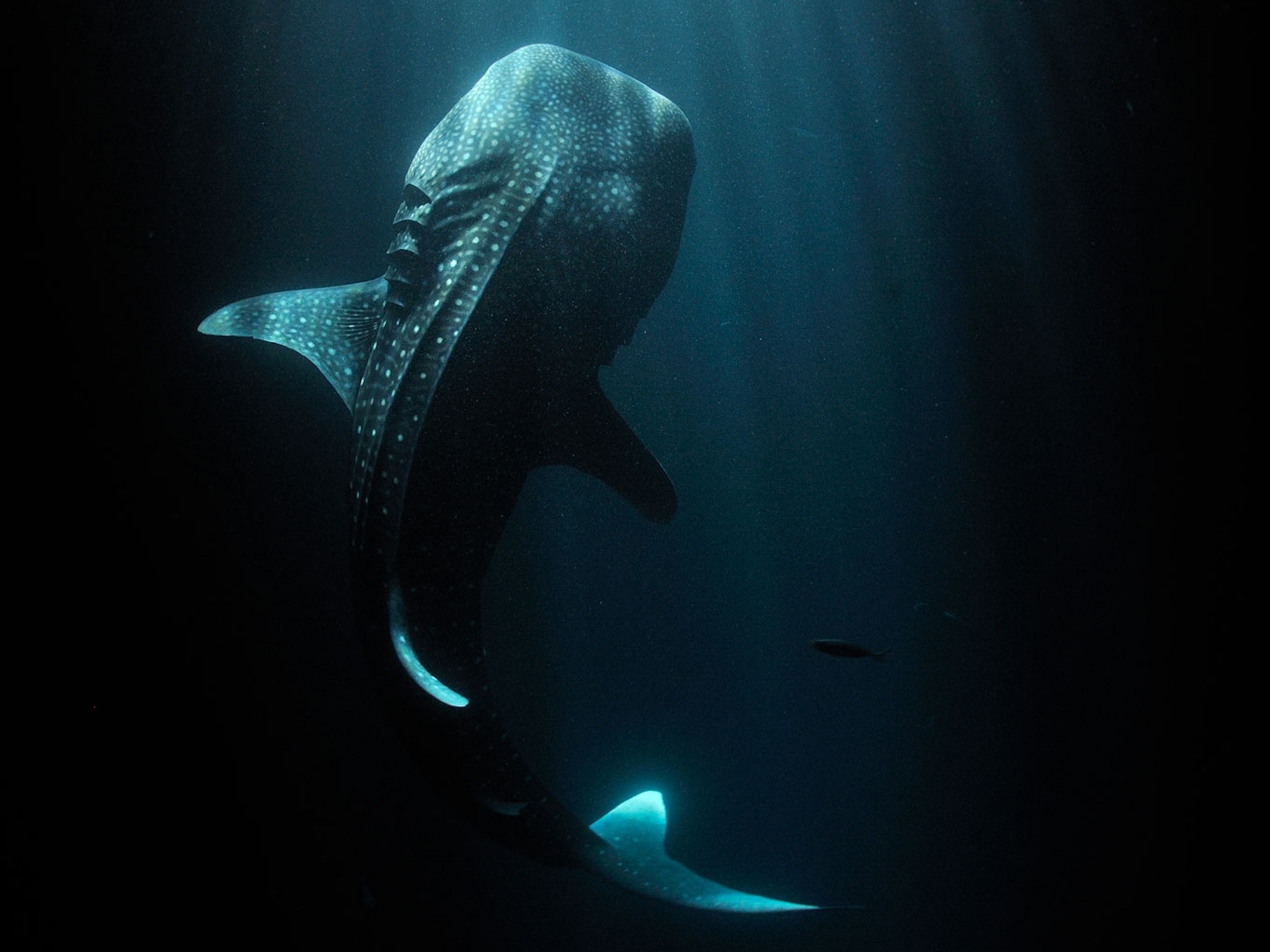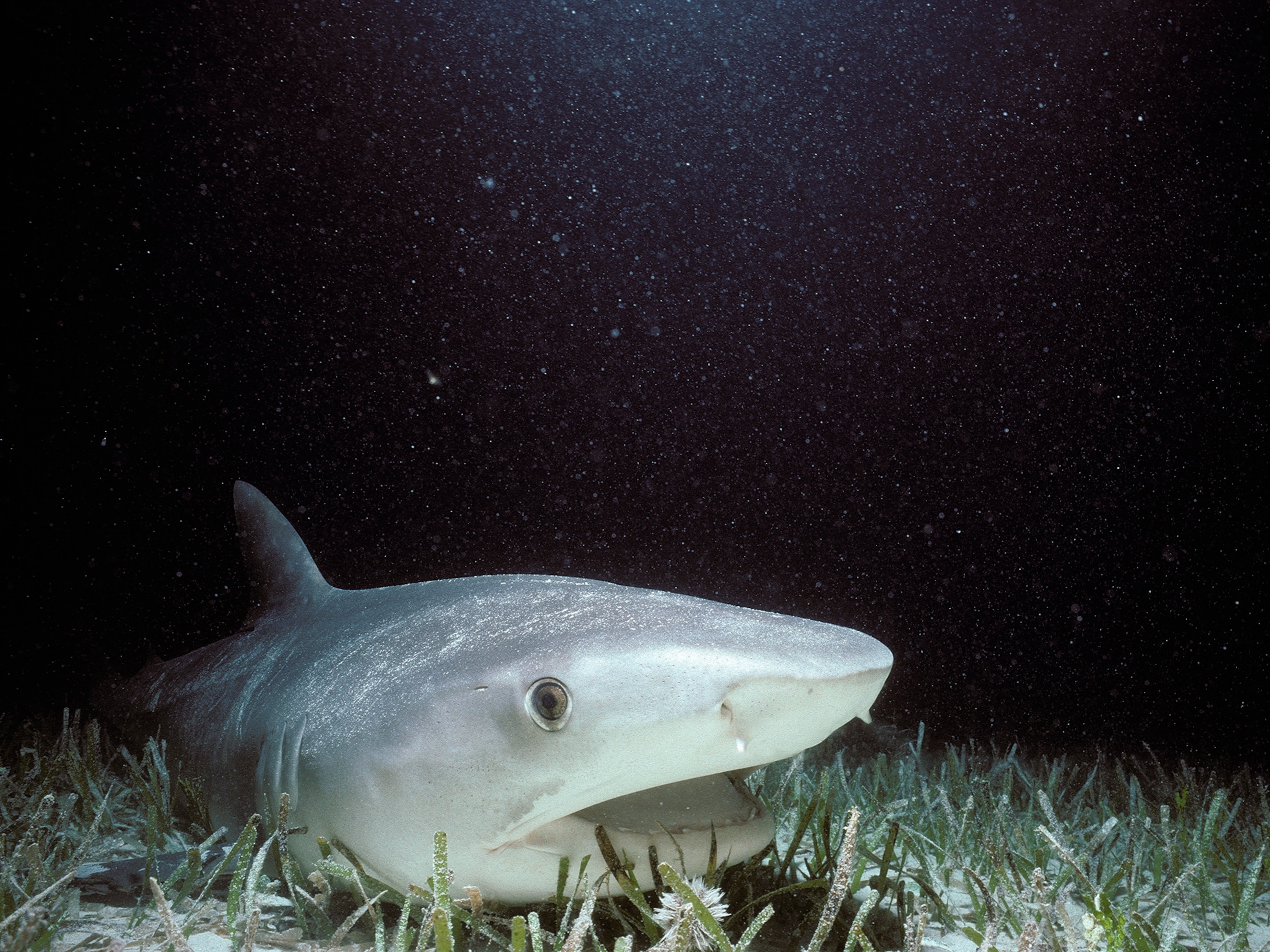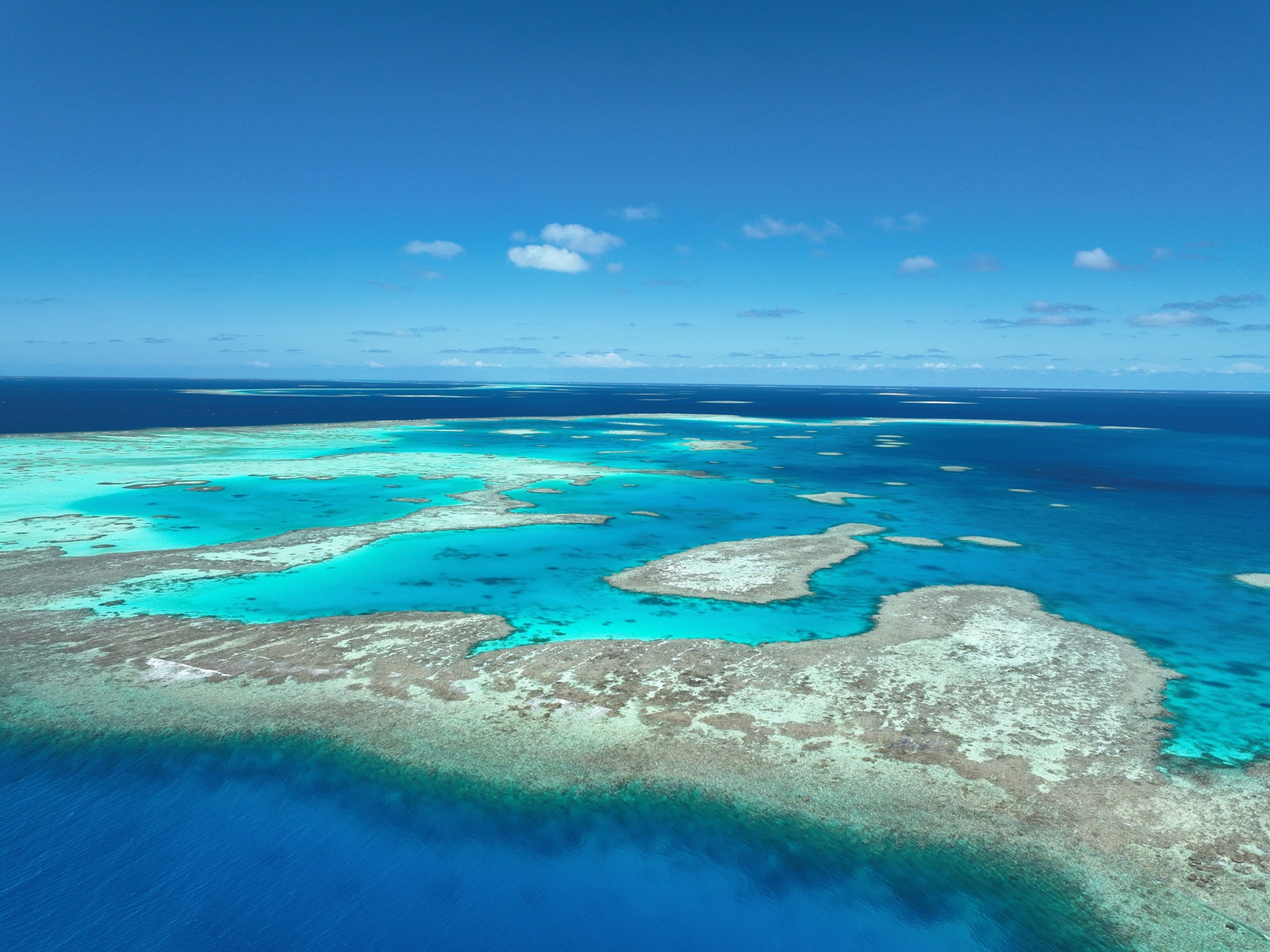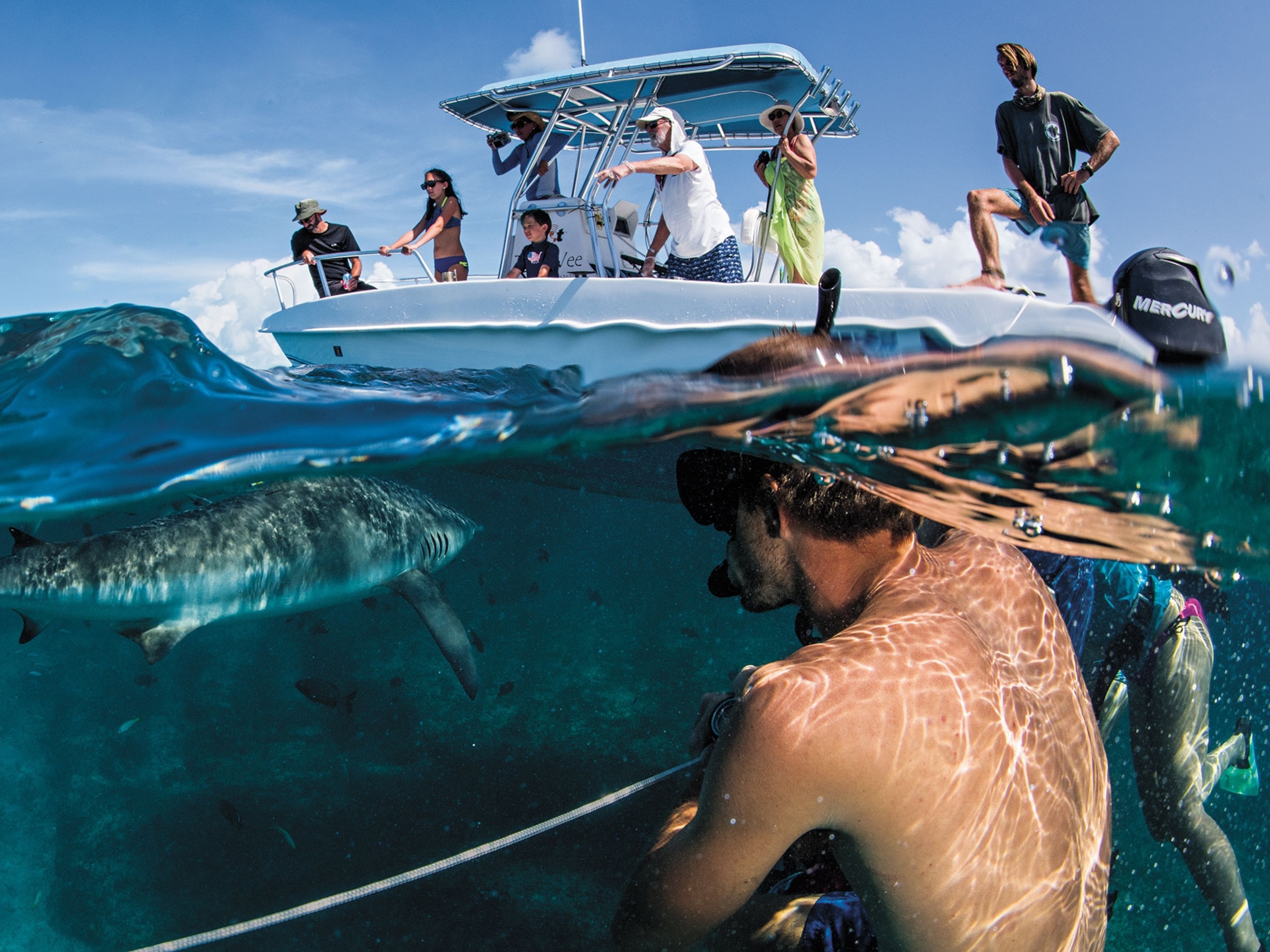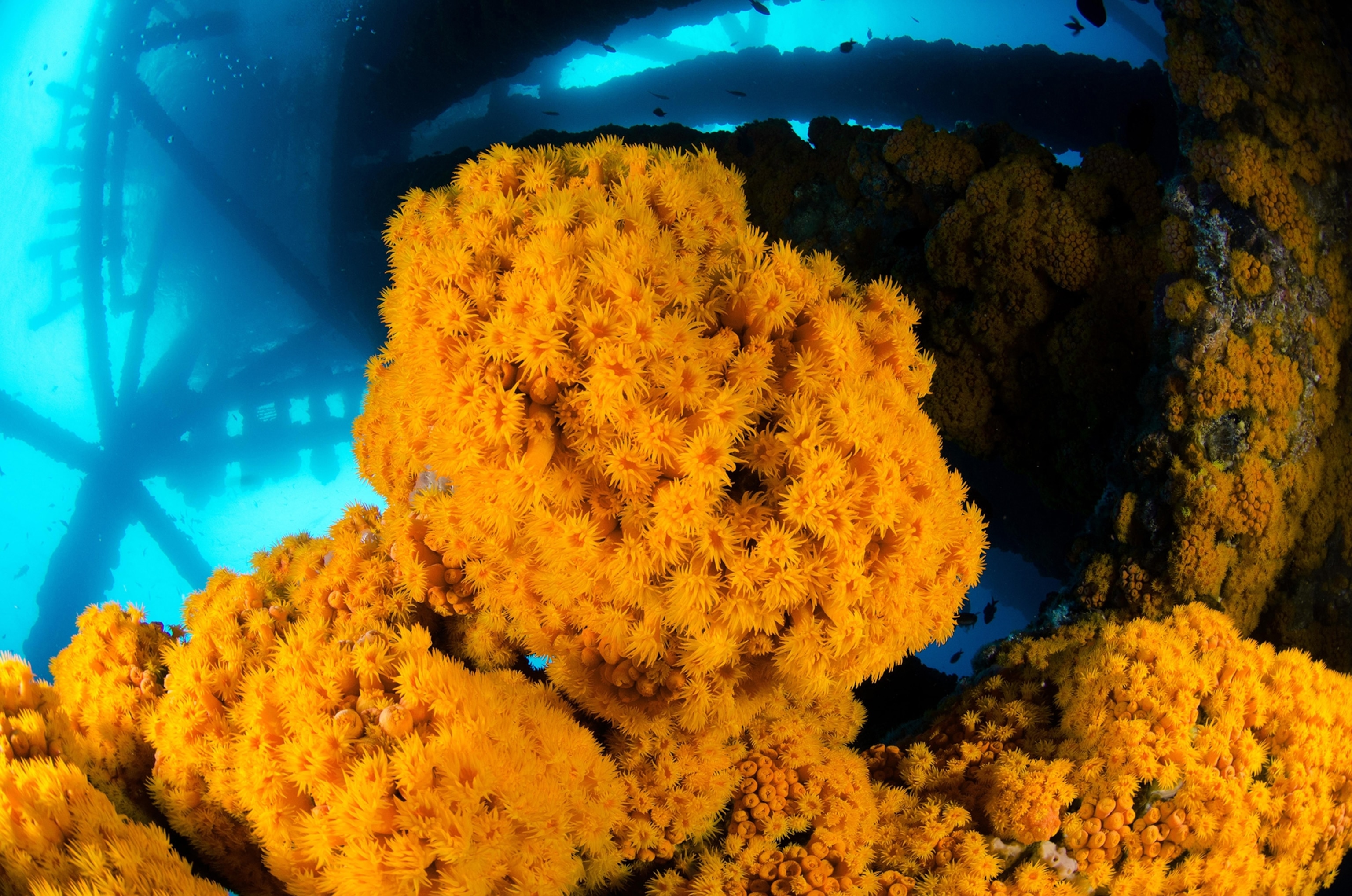
Gabon Announces World's Newest Underwater Reserve, Rich in Threatened Wildlife
The newly protected area is home to great hammerhead sharks, manta rays, and whale sharks.
SYDNEY—The central African nation of Gabon this week declared almost a quarter of its territorial sea off-limits to commercial fishing, creating a first-of-its-kind network of marine protected areas in the region, which is home to threatened species including great hammerhead sharks, manta rays, and whale sharks.
The area will cover 18,000 square miles (over 46,000 square kilometers) of ocean and will protect some of Gabon's outstanding marine life: 20 species of whales and dolphins, including humpback whales and Atlantic humpback dolphins; and four species of marine turtles, the world's largest breeding leatherback turtle population and the Atlantic Ocean's largest breeding olive ridley turtle population among them.
RELATED: "Underwater Pictures Capture Life Inside World's Newest Marine Sanctuary"
More than 20 species of sharks and rays live in Gabon's waters. Many of them, including tiger sharks, are threatened.
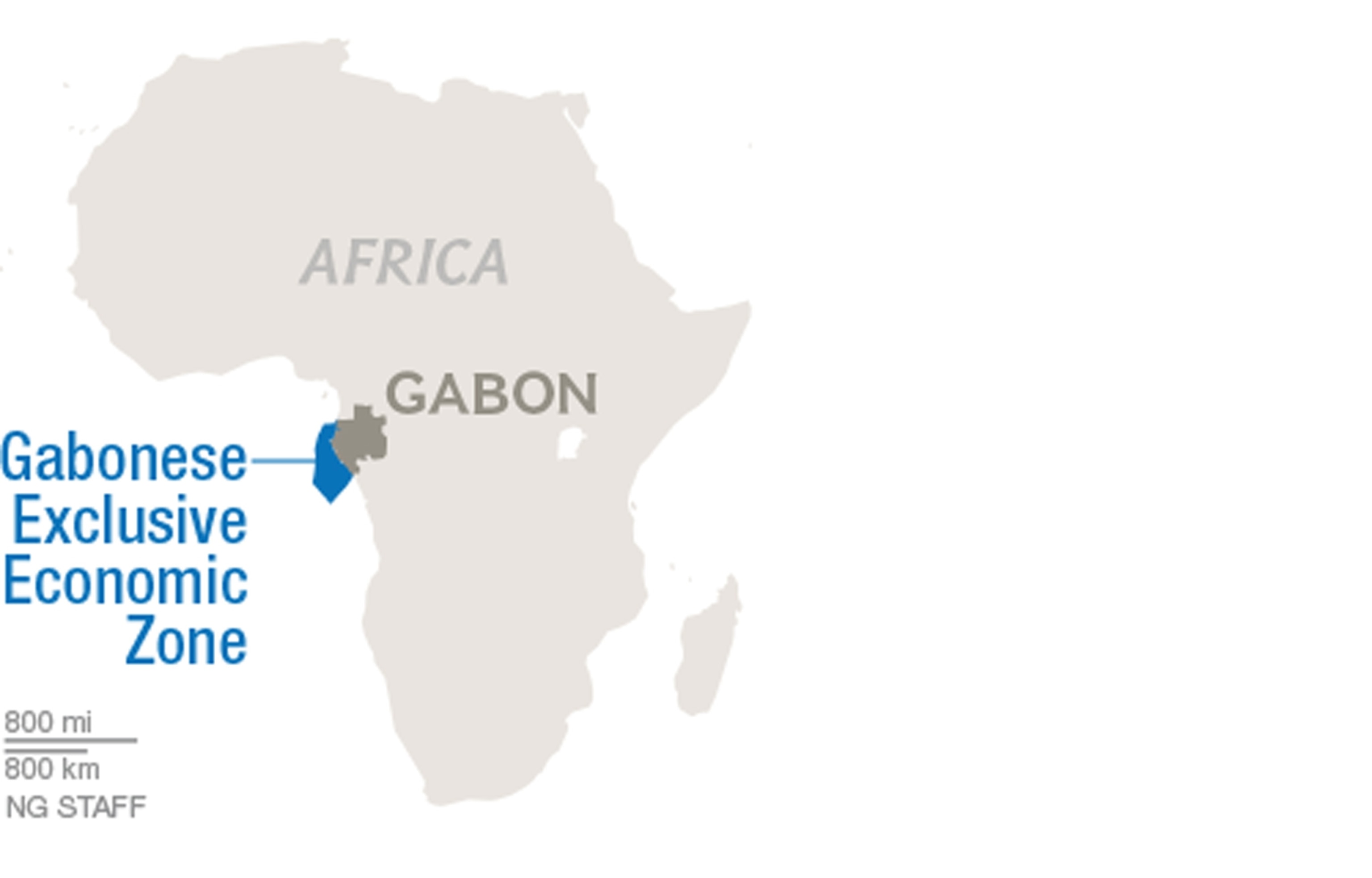
The president of Gabon, Ali Bongo Ondimba, made the announcement on Wednesday at the opening of the 2014 IUCN World Parks Congress here, which has drawn several thousand delegates from 165 countries.
"Today I can announce our decision to create a network of marine parks covering about 23 percent of Gabon's territorial waters and EEZ [exclusive economic zone], within which no commercial fishing will be allowed," Ondimba said.
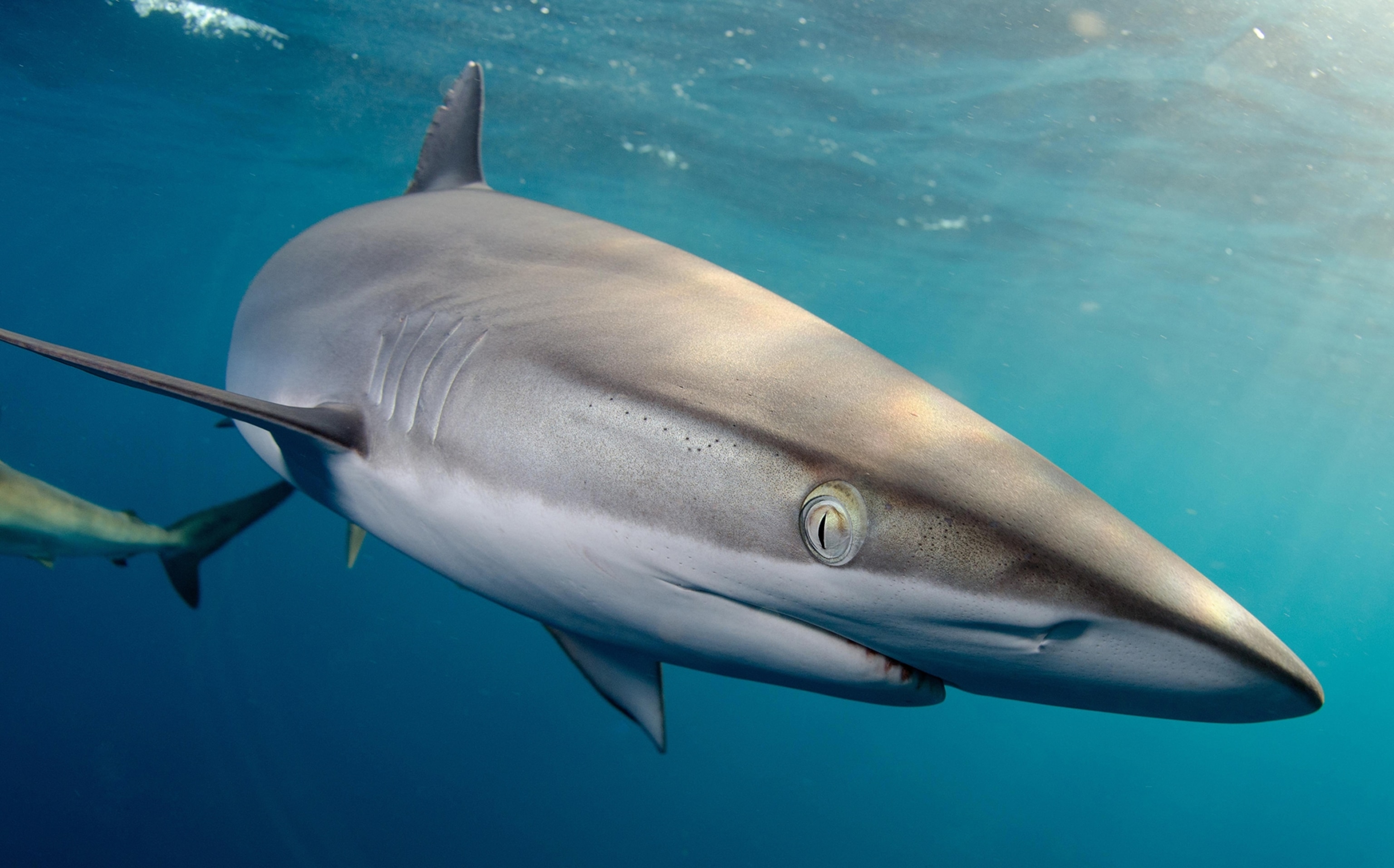
The announcement is the culmination of a dialogue between Gabon and National Geographic's Pristine Seas project, which conducted a marine survey of parts of the nation's 550-mile (885-kilometer) coastline in 2012 with the Wildlife Conservation Society, the Waitt Foundation, and other conservation organizations.
"National Geographic's Pristine Seas project looks for the wildest places in the ocean, to inspire leaders to save them before it's too late. Gabon was probably the only such place left in West Africa," said National Geographic Explorer in Residence Enric Sala, who leads the project.
"Not even in my wildest dreams could I have imagined that West African waters still held such an abundance of marine life," he added.
The new Gabon marine protected area network complements an existing system on land, anchored by 13 national parks, which was created in 2002. (See: "Saving Africa's Eden," in National Geographic magazine.) The parks' designations came after National Geographic explorer Mike Fay led a series of explorations of the country's forests that showed they were teeming with gorillas, chimpanzees, forest elephants, and hippos—most of which have never encountered human beings.
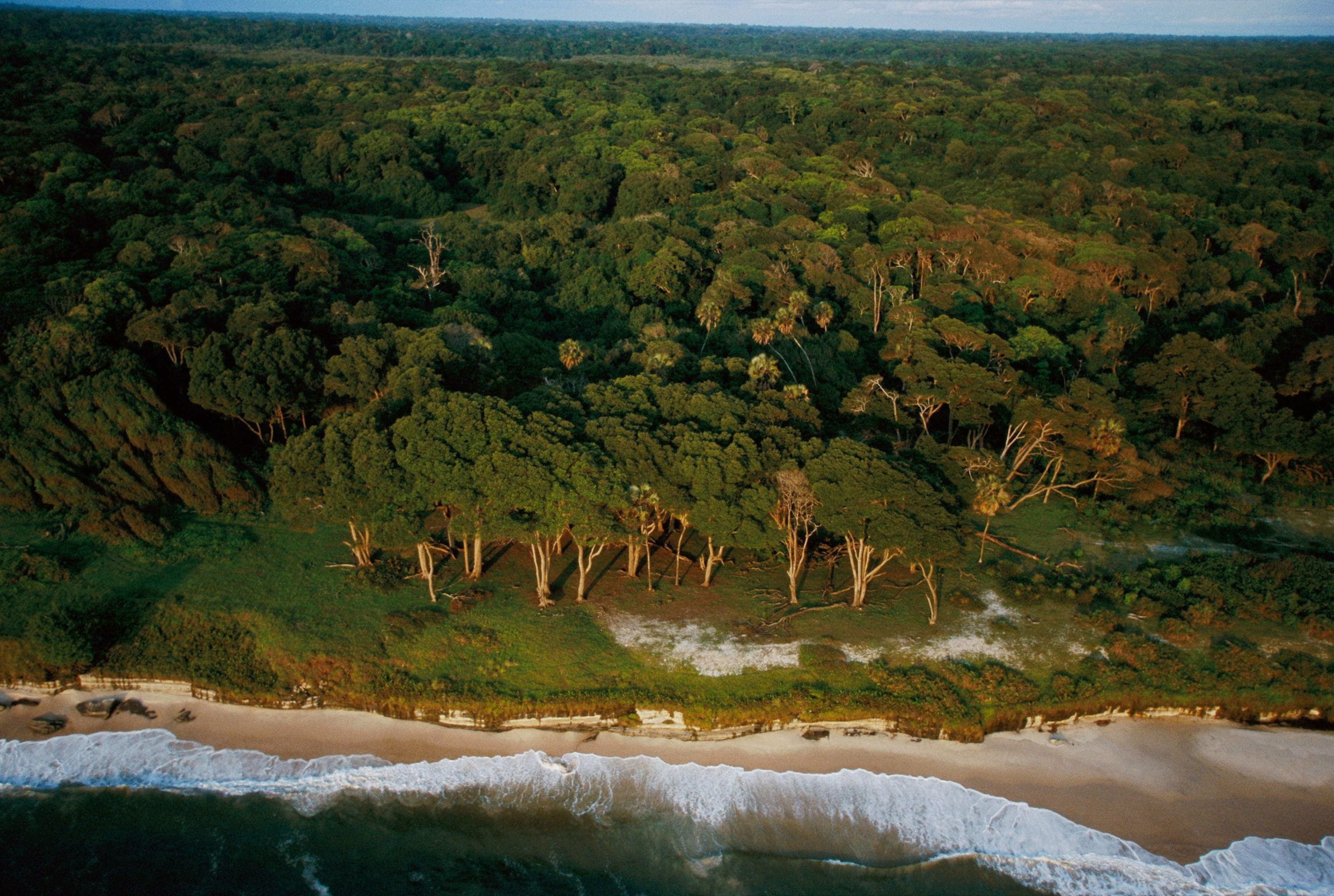
This week's announcement comes less than two months after the Obama Administration established the largest marine reserve in the world by expanding an existing monument around U.S.-controlled islands and atolls in the central Pacific.
The Pacific Remote Islands Marine National Monument will now be nearly 490,000 square miles, about three times the size of California and six times larger than its previous size.
Related Video: Protecting Africa's Wild Coast
National Geographic Explorer in Residence Enric Sala and Mike Fay are currently working to protect the last pristine marine ecosystems worldwide.

